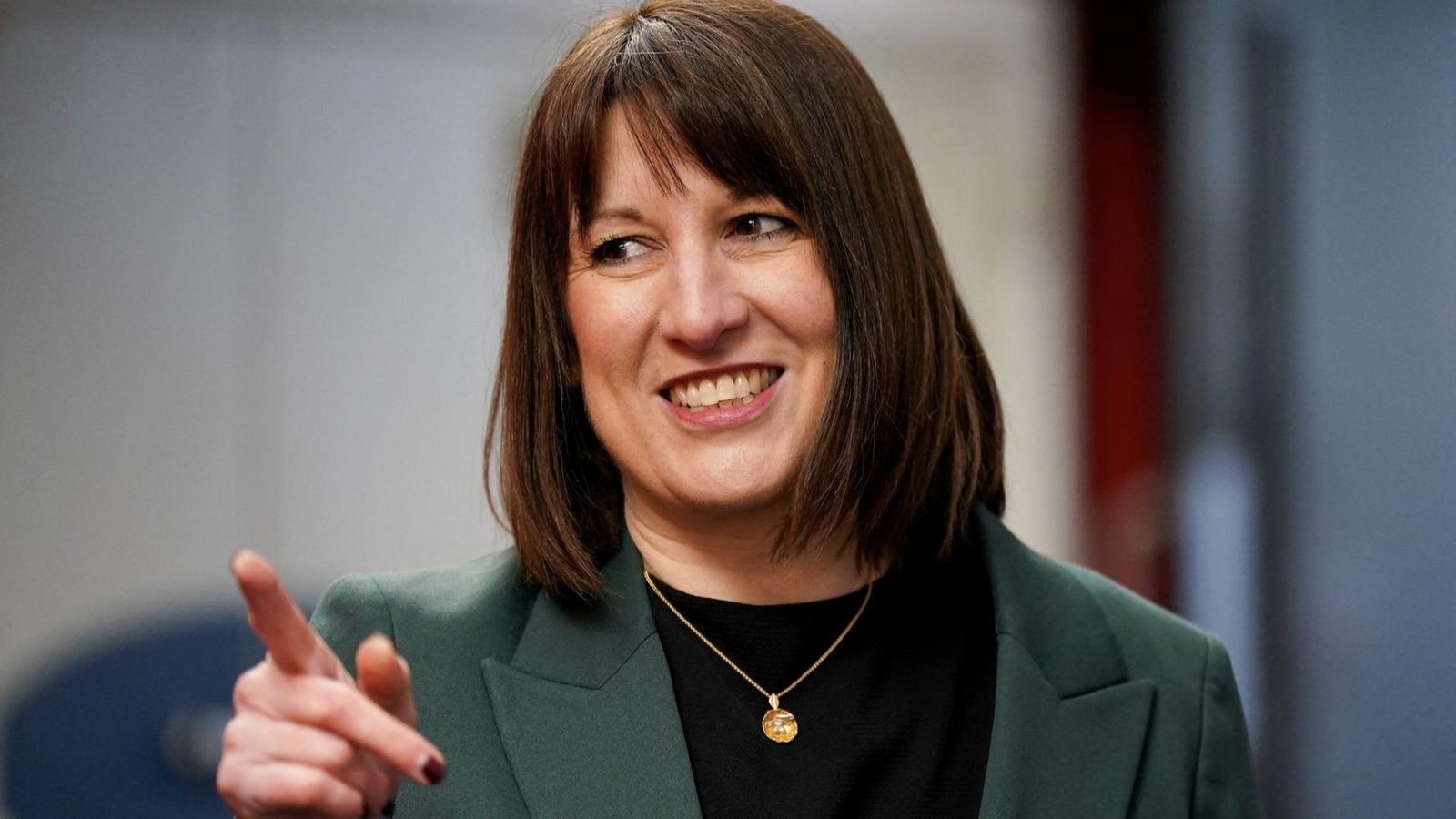Chancellor Rachel Reeves to Announce Further Welfare and Government Cuts in Spring Statement.
Chancellor Rachel Reeves is set to introduce additional reductions to welfare benefits and government departments in her Spring Statement on Wednesday.
The government had already revealed significant welfare spending cuts last week, but Reeves is expected to extend them after learning that planned savings from the welfare system reforms would fall short of initial estimates.
With the UK economy struggling to grow despite being a key government priority, Reeves is under pressure to boost economic performance and improve living standards. However, she will argue that the country must adapt swiftly to global changes and will confirm a £2.2bn increase in defence spending.
Reeves will outline her latest economic strategy at 12:30 GMT, highlighting global instability due to the ongoing Ukraine conflict and new US tariffs that could disrupt international trade.
Although she has ruled out tax increases in this statement, Reeves has already introduced multiple spending cuts. Late on Tuesday, reports surfaced that she would go even further with welfare reductions after the Office for Budget Responsibility (OBR) assessed that the previously announced changes would not achieve the expected £5bn in savings.
Tighter Welfare Rules and Budget Adjustments
The planned welfare reforms include stricter assessments for Personal Independence Payment (PIP), which could impact hundreds of thousands of claimants. However, the OBR has estimated that many individuals who might lose health-related benefits could instead qualify for more severe disability assistance, reducing the expected cost savings.
The government has not denied reports, initially published by The Times, suggesting that Reeves will introduce additional cuts to address the shortfall.
Boosting Defence Spending
During her statement, Reeves will emphasize Labour’s achievements in its nine months in power and will position national security as a key element of her economic strategy. She will argue that increasing defence spending is essential not only for security but also for economic stability.
“This moment calls for an active government stepping up to secure Britain's future,” she is expected to say. “We need to go further and faster to drive growth, strengthen national security, and improve living standards through our plan for change.”
The additional funding will be directed toward advanced defence technologies, including energy weapons for Royal Navy ships. It will also be used to renovate military housing and upgrade infrastructure at Naval Base Portsmouth.
Earlier this month, the government announced plans to reduce the foreign aid budget to help meet its goal of increasing defence spending to 2.5% of national income by 2027.
“As defence spending rises, I want the entire country to benefit,” Reeves will state.
However, some economists have cautioned that the economic benefits of increased military spending may be limited.
Economic Challenges and Rising Borrowing Costs
Low economic growth and rising interest rates on government borrowing have made it increasingly difficult for Reeves to adhere to her strict fiscal rules. These include not borrowing to cover day-to-day public spending and ensuring that national debt declines as a share of the economy by the end of this parliamentary term.
Following the Spring Statement, the OBR will release a revised economic forecast, which is expected to lower its previous growth projections.
Recent data indicates that the UK economy grew by just 0.1% between October and December 2024, while shrinking by 0.1% in January.
When economic growth stalls or declines, businesses are less likely to hire new workers or offer wage increases, which in turn reduces corporate tax revenues—limiting government funding.
Ahead of her statement, Reeves has attributed the worsening public finances to global borrowing cost increases, citing factors such as the Ukraine war and economic policies introduced by US President Donald Trump, including new trade tariffs.
However, critics argue that the UK’s rising borrowing costs are also influenced by Labour’s economic policies and the country’s overall economic outlook.
On Tuesday, long-term UK government borrowing rates over a 10-year period rose again, reaching just under 4.8%.



.jpeg)




.svg)


